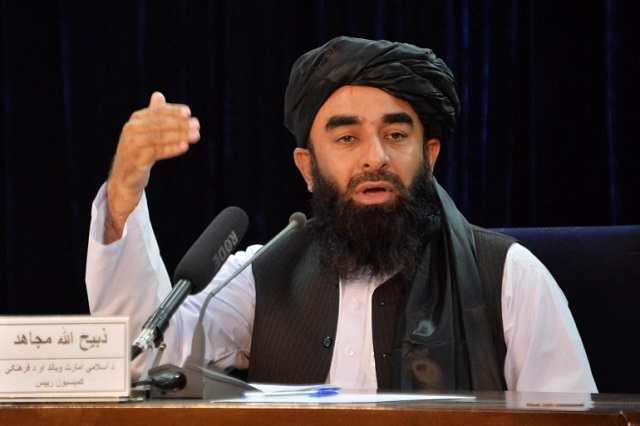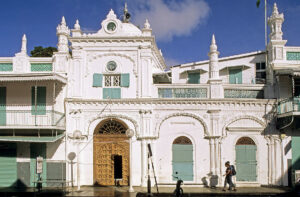
[Photo source: The Independent Uganda]
The Taliban has condemned as “baseless and biased” a United Nations Security Council report that called the Afghan administration “highly exclusionary” and “repressive”.
The report, released earlier in June by the UNSC’s Analytical Support and Sanctions Monitoring Team, said the Taliban governance structures remain “highly exclusionary, Pashtun-centred and repressive” towards all forms of opposition.
The report also said the group was battling internal conflict over key policies, the centralisation of power and the control of financial and natural resources in Afghanistan.
Ongoing power struggles are further destabilising the situation, to the point where an outbreak of armed conflict between rival factions is a manifest risk, the report added.
In response to this, the Taliban said in a statement that they consider the continuation of UN Security Council sanctions and such reports “as full of prejudice and in conflict with the principles of independence and non-interference, and calls for an end to it.”
Taliban spokesman Zabihullah Mujahid rejected the report’s “accusations” of strife, saying they were baseless and demonstrated “obvious hostility” to Afghans.
Rumours of disagreement between the group’s leaders are a continuation of the propaganda of the past 20 years, he said, referring to the 20 years of US war and occupation.
“The publication of such biased and baseless reports by the Security Council does not help Afghanistan and international peace and security, rather, it increases worry among the people [Afghans].”
In addition, the Taliban said the cultivation, production and trafficking of drugs has dropped significantly and that recent media reports to this effect were testimony to this.
“The Islamic Emirate emphasizes that the publication of such biased and baseless reports by the Security Council does not help Afghanistan and international peace and security, rather, it increases worry among the people, it [casts] doubts about the independence and impartiality of the United Nations, as well as strictly damages its credibility and reputation,” the statement read.
“All decisions of the Islamic Emirate of Afghanistan are made in the light of Islamic Sharia guidelines, bilateral and multilateral commitments and national interests, and it continues to interact with the international community to address common concerns,” read the statement.
Taliban officials have denied there was a rift among its leadership.
The report described the Taliban leader, Akhunzada, as “reclusive and elusive” and said he had elaborate measures to ensure his safety while holding meetings.
It also cited an unnamed UNSC member state as saying Akhunzada had survived two bouts of COVID-19, leaving his respiratory system weakened, in addition to his existing kidney problems, leading to suggestions that senior Taliban figures are waiting for his health to lead to natural succession.
“Hibatullah has been proudly resistant to external pressure to moderate his policies,” the June 1 report said. “There is no indication that other Kabul-based Taliban leaders can influence policy substantially. There is little prospect of change in the near to medium term.”
In recent days, the Taliban has sought to exclude all foreign organisations from the education sector, a move the UN secretary-general’s chief spokesman, Stephane Dujarric, said on Thursday would be another “horrendous step backward” for Afghan people.
The Taliban has not commented on the education NGO move.
Aid agencies have been providing food, education and healthcare support to Afghans in the wake of the Taliban takeover in August 2021 and the economic collapse that followed it. Independent and News Agencies


